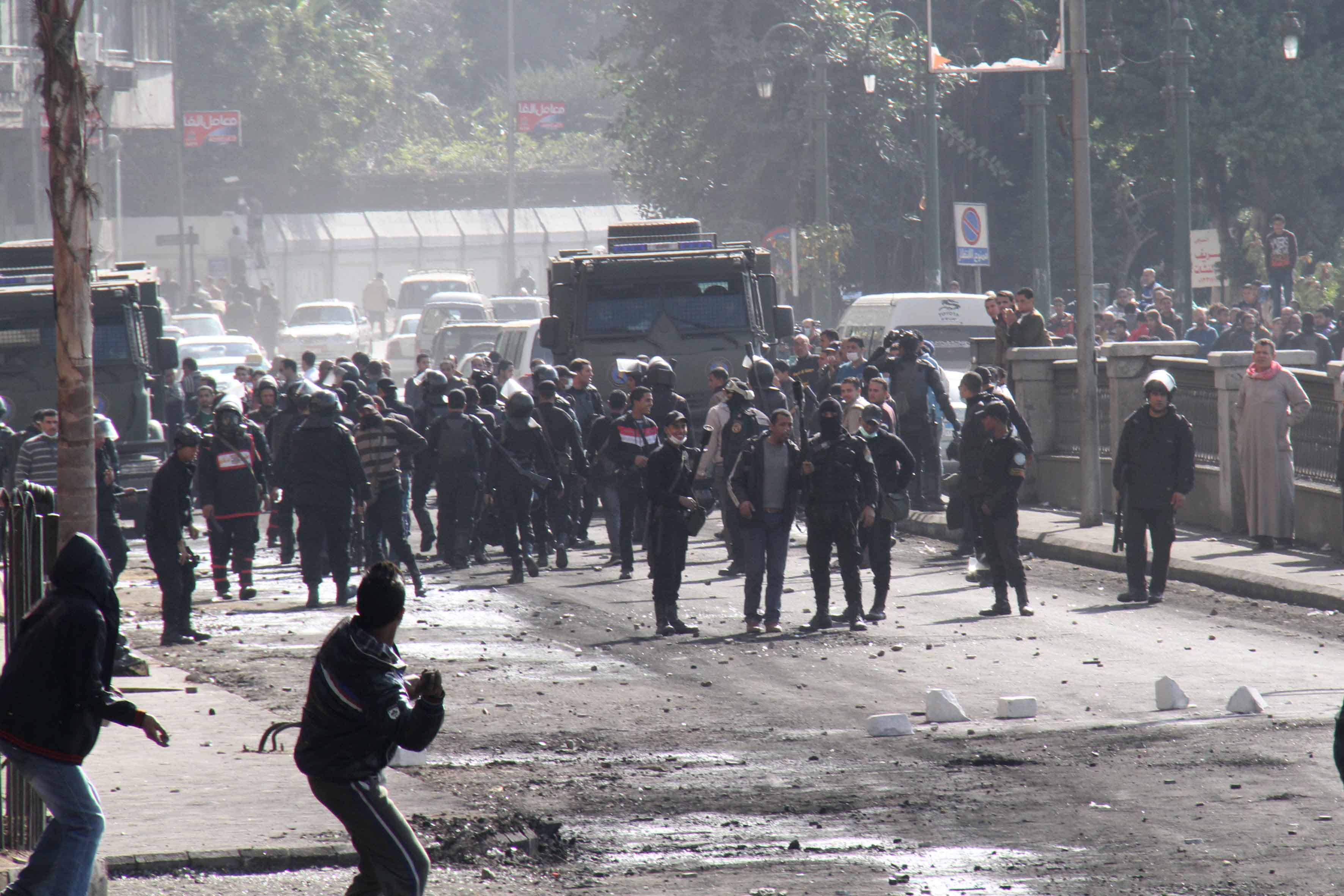CAIRO: The Industrial Development Authority (IDA) said last week it will reject proposals for any new projects in the aluminum, ammonia, or urea industries.
These industries consume a considerable amount of Egypt’s energy supply and have been partially to blame for the rise in energy prices.
The IDA’s decision is a renewal of a broad set of decisions it made earlier this year aimed at regulating construction of new industrial projects. The decisions are expected to have a continued impact on energy prices as well as on prices of basic industrial goods.
Issuing licenses for new phosphate fertilizer projects will remain suspended until the IDA can determine whether low energy resource availability might lead the industry to run up against the anti-trust laws with domination by only a few leading players.
With iron, steel, and cement projects, though, the IDA was forced to take a different approach. Real estate demands over the past year has been high and the IDA was obliged to weigh those demands against the high level of energy consumption that new projects in the iron, steel, or cement industries would entail.
In an effort to strike the appropriate balance, the IDA earlier this year authorized four new iron and steel plants in addition to 14 new cement projects.
These moves by the IDA are largely reflective of a dwindling domestic energy supply.
“With the decline in the availability of energy in Egypt, wrote Reham ElDesoki in a memo from investment bank Beltone Financial, “partially due to the strong growth in local consumption and exports, the government has been focusing on rationalizing the approval of energy-intensive projects.
The decision to allow the construction of additional steel plants in Egypt is indicative of the government’s recently adopted strategy of making this critical raw material more widely available across the country.
Though Egypt never officially banned the import of steel, for years it importation was infeasible as a result of high freight costs and a production cost advantage enjoyed by local producers.
In September, though, the Ministry of Trade and Industry changed its regulations to allow for the importation of Gulf steel in order to boost domestic supply. Furthermore, at the time, local steel prices were not declining in lockstep with international prices. Allowing Gulf steel into the country was part of an effort to synchronize domestic and international prices.
Beginning in March of this year, the Ministry of Trade and Industry imposed an export ban on iron, steel, and cement with the aim of boosting domestic supply. When the financial crisis hit, though, the government was forced to reassess its strategy.
Early last month, it allowed the export ban to expire, and it canceled the export tax several weeks later in an effort to help local businesses weather the crisis with greater sales options.
Though the IDA’s announcement last week marked a reiteration of pre-established industry policy, it served to illustrate the challenges faced by the government as it seeks to strike a balance between consumers’ needs, business demands, fluctuating energy prices, and a global economic crisis that shows no signs of abating.


